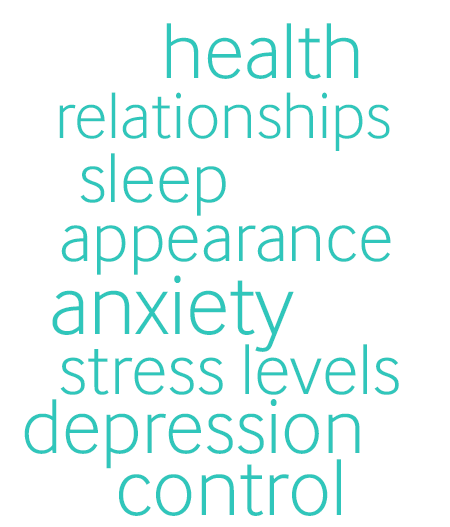ALCOHOL FACTS
Alcohol and mental health
You’re probably aware that after just a few sips, alcohol affects your mood – affecting both your thoughts and emotions. Many people get an initial ‘buzz’ from drinking – and use alcohol to celebrate, unwind or socialise.
However, alcohol is actually a depressant, so regularly drinking too much over a longer period of time can depress your central nervous system, making you depressed and feel very low.
Research shows there is a link between alcohol use and mental health issues such as suicides, depression and anxiety. Many people who experience mental health problems do not realise that they are also drinking at high levels, which impacts further on their mental health issues.
Alcohol misuse can become addictive, leading to further problems with family, work, friends and finances. All these factors can worsen stress, anxiety and depression. In some cases it is not possible to distinguish which came first, the alcohol misuse or mental ill-health as they are so interlinked.
Alcohol and Stress
People often drink to relieve anxiety and stress, or simply to unwind from a hard day, however, drinking in order to de-stress can become habitual and addictive, meaning we begin to feel and think that the only way to de-stress is to drink alcohol after a hard day’s work.
Drinking to unwind
We may start drinking more to unwind and find that this becomes a pattern that creeps up without us knowing it.
Whether its drinking after work with colleagues or friends, or drinking at home, people often forget that there are also other ways to also unwind or take the stress out of the day, such as sport or exercise, talking to a good friend about worries or problems or doing yoga or meditation.
Prescribed drugs
Alcohol can interfere with many prescribed drugs – stopping them from working. Check the label and with your GP if you are uncertain.

Support for alcohol and mental health problems
To speak to someone about an alcohol problem, go to our Support page, or NHS Choices for a list of local services.
To speak to someone about mental health issues, contact Mind or the Mental Health Foundation
To get urgent help for depression or distress
Across the UK, for 24-hour confidential support contact the Samaritans free on 116 123